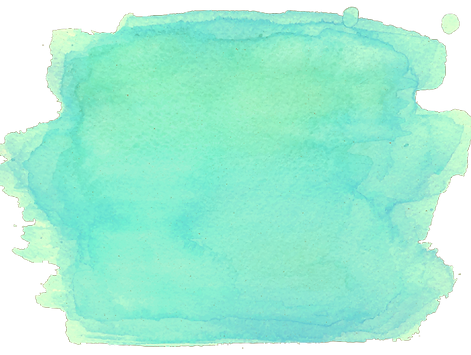
What is a night guard?
A night guard, or bruxism appliance, is a transparent, thin device you wear over the biting surface of your teeth when sleeping. It prevents your top and bottom teeth from touching and prevents teeth grinding. You may not know you’re doing this, but your partner might hear it at night.


When do you need a night guard?
-
Chronic headaches: Also known as tension headaches, chronic headaches can be caused by teeth clenching or grinding. If you frequently wake up with a headache, consider bruxism as a possible cause.
-
TMJ (Temporomandibular joint disorder): TMJ affects the muscles used to chew, and the joints connecting your jaw and skull. While TMJ can be caused by many things, one cause is bruxism, as the pressure from clenching or grinding can affect the mouth and jaw structures, including muscles, nerves, ligaments, and teeth.
-
Teeth wear: When the protective enamel of your teeth wears down, the tooth underneath is prone to cavities, discoloration, and fracturing.
-
Tooth pain: If you experience tooth pain, and it may not be simply from cavities; chances are that the pain is from bruxism that can cause tooth sensitivity, enamel damage, or a fracture you can’t see.
-
Tooth or crown cracking: The clenching and grinding can cause enough pressure on your teeth to crack or fracture (break) the actual tooth or crown.

Although night guards available over the counter, the ones made in our dental office are of higher quality, custom fit, and more comfortable, durable and effective in alleviating the symptoms of bruxism. The dental office of Dr. Suman Chintala at Lynnwood Dental Studio in Lynnwood, WA can make night guard, custom-molded to your teeth so they fit in your mouth without being bulky or uncomfortable and alleviate the symptoms of bruxism.

Benefits of a night guard?

The technical term for clenching or grinding the teeth. A mouthguard can alleviate the symptoms of bruxism by offering a slick barrier between the upper and lower teeth, such that they slide against each other instead of applying pressure and grinding down.
Bruxism

MI Paste, corticosteroids, and other medication for oral conditions can sometimes be conveniently delivered using a mouth guard, which keeps the medicine in place against the teeth and gums longer.
Application of topical medication

Disorders of the temporomandibular joint, the joint that connects the lower jaw to the rest of the skull. An occlusal guard in this situation alleviates pressure on the joint and helps to reduce strain.
TMJ

If you regularly engage in high-impact activities such as sports, a mouthguard can help prevent injury by acting as a barrier and softening any potential impact on the teeth.
Risk of dental trauma

Similar to its use in delivering medication, mouth guards can be used to apply the bleaching gel to whiten teeth. An occlusal guard may also be recommended to provide extra protection for certain more delicate tooth restorations (temporary crowns, veneers, etc.)
Aesthetic enhancement and protection

Mouth Guards in Lynnwood
A mouth guard – also called night guard, occlusal guard, occlusal splint, bite guard, mouthpiece, etc. – is a protective device that covers the teeth and gums to prevent and/or reduce injury. It is popularly believed that mouth guards were originally conceived for use in boxing. The original guards were little more than small pieces of cotton, tape, sponge or wood that boxers would clench between their teeth.


Symptoms of teeth grinding
Tight, tired, or locked jaw, neck, ear, and facial pain; Headaches, sleep disruption, loud grinding or clenching; Flattened, chipped, fractured, or damaged teeth; Worn enamel, damage to your cheeks from chewing, tooth pain, and sensitivity.
More about teeth grinding
People can clench and grind their teeth during the day or while they are sleeping, meaning that teeth grinding can be diagnosed as either awake bruxism or sleep bruxism. Since people who grind their teeth in their sleep may not know that they are grinding or clenching, it is important to be aware of the symptoms.
Excessive teeth grinding and clenching may also be associated with medical conditions such as Parkinson’s disease.


Associated risks of teeth grinding
Bruxism can cause severe side effects to your temporomandibular joints (TMJs) and to your teeth. If you are experiencing any of these symptoms, talk to your dentist at Lynnwood Dental Studio. We will work closely with you to determine the severity of your teeth grinding and develop a comprehensive personalized treatment plan based on the causes, type of bruxism, and damage that has already occurred. We understand how painful the side effects of teeth grinding can be, and it is our goal to alleviate your pain while tending to the health of your teeth and joints.
How can I stop teeth grinding?
Being fitted for an occlusal or night guard will help to protect your teeth from the effects of grinding while you sleep. However, in order to cease teeth grinding completely, it is important to treat the triggers for why you grind your teeth.

